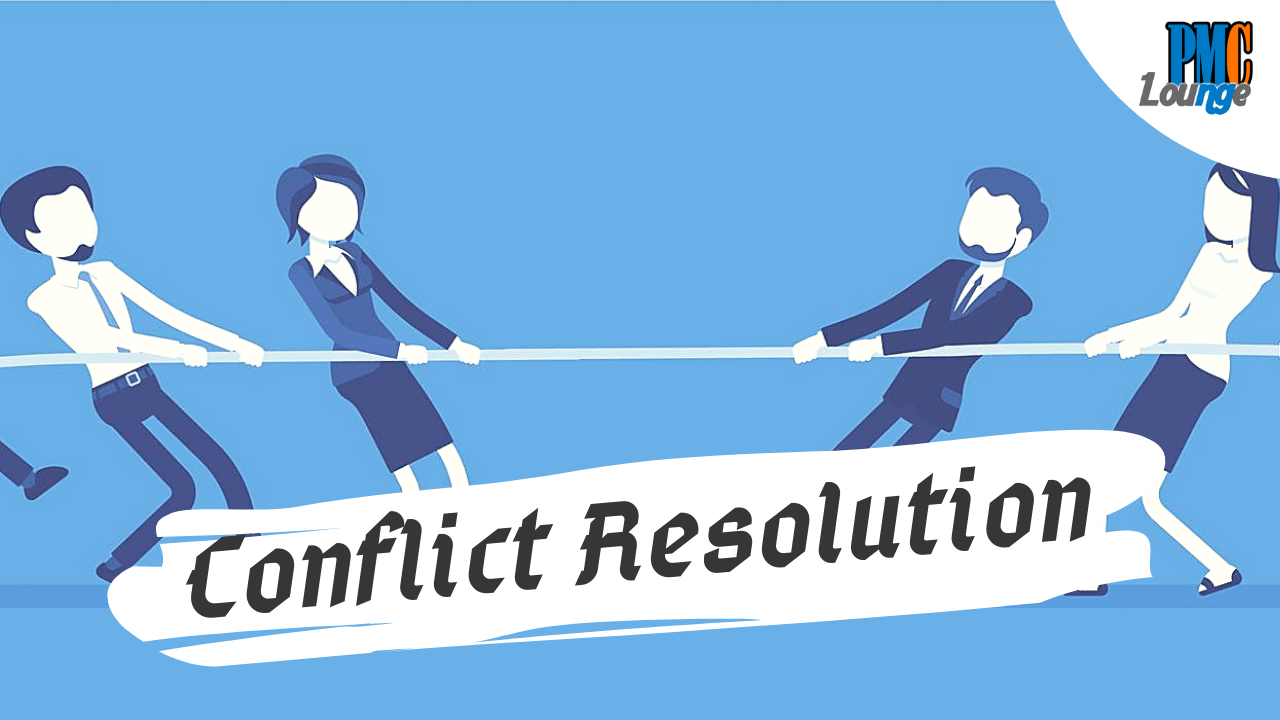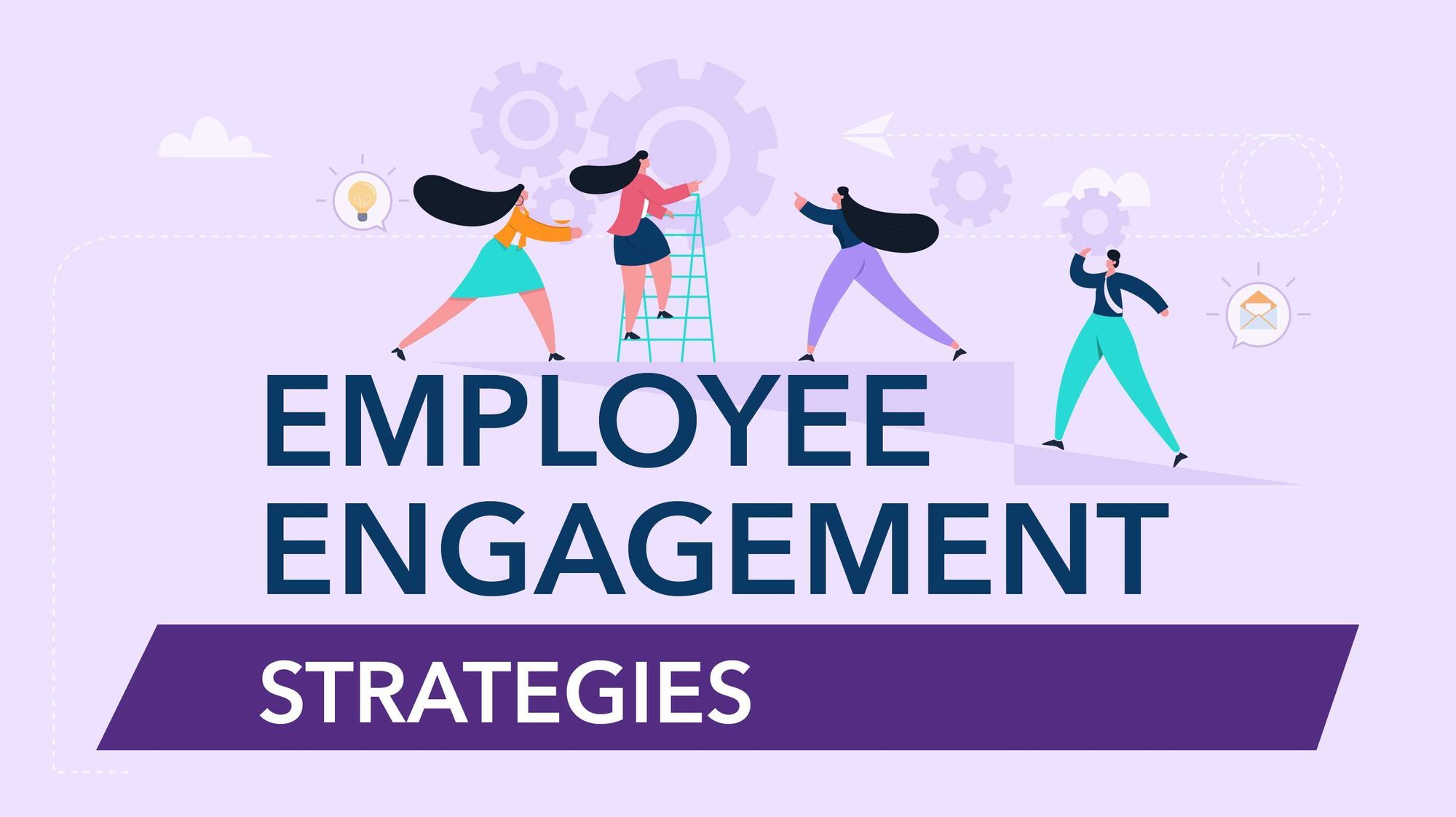Conflicts are an inevitable part of human interactions. Whether it is a disagreement between colleagues at work or a heated argument within a family, conflicts can create tension and negatively impact relationships. However, conflict resolution and mediation services provide effective methods to address and resolve these conflicts in a peaceful and mutually beneficial manner.
What are Conflict Resolution and Mediation Services?
Conflict resolution and mediation services are professional interventions designed to assist parties in resolving disputes and finding common ground. They involve the presence of a neutral third party, known as a mediator, who facilitates communication and guides the conflicting parties towards a resolution. This process allows individuals to share their perspectives, express their feelings, and work towards a mutually agreed-upon solution.
Benefits of Conflict Resolution and Mediation Services
1. Communication Enhancement:
Conflict resolution and mediation services emphasize effective communication as a vital component of resolving disputes. Mediators create a safe and structured environment that encourages open dialogue and active listening. By improving communication skills, individuals can express their needs and concerns more clearly, leading to a deeper understanding of each other’s viewpoints.
2. Preservation of Relationships:
Unlike adversarial approaches like litigation or arbitration, conflict resolution and mediation services aim to preserve relationships. By working together towards a resolution, the conflicting parties can find common ground and restore or strengthen their relationship, whether it is within a family, workplace, or community.
3. Cost and Time Efficiency:
Conflict resolution and mediation services usually offer a faster and more cost-effective alternative to traditional legal processes. By avoiding lengthy court proceedings, individuals save both time and money. Mediators are skilled in facilitating productive discussions, ensuring that the focus remains on resolving the conflict efficiently.
The Process of Conflict Resolution and Mediation Services
The process of conflict resolution and mediation services typically follows these steps:
1. Introduction:
The mediator introduces themselves and establishes rapport with the conflicting parties. They explain the mediation process and set ground rules and expectations for the session.
2. Opening Statements:
Each party is given an opportunity to express their perspective and clarify their concerns. This step allows individuals to share their emotions and gain a better understanding of the other party’s position.
3. Information Gathering:
The mediator encourages each party to share additional information related to the conflict. This could include facts, background, or any other relevant details that may contribute to finding a resolution.
4. Identification of Issues:
The mediator helps identify the key issues at the heart of the conflict. By focusing on these issues, the parties can address the root causes and begin working towards a solution.
5. Exploration of Solutions:
Both parties brainstorm potential solutions in a collaborative manner. The mediator facilitates discussion, encouraging creativity and ensuring that all suggestions are heard and considered.
6. Negotiation and Agreement:
Using their expertise, the mediator assists the parties in negotiating and finding common ground. The aim is to reach a mutually agreeable solution that takes into account the interests and needs of all involved parties.
7. Closure:
Once an agreement is reached, the mediator summarizes the agreement and ensures that all parties understand and acknowledge the terms. This step concludes the mediation process.
Types of Conflicts Resolved through Mediation Services
Conflict resolution and mediation services can help resolve a wide range of conflicts, including:
1. Workplace Conflicts:
Mediation can aid in resolving conflicts between coworkers, managers and employees, or even entire departments. By addressing issues such as communication breakdowns, power struggles, or role conflicts, mediation promotes a more harmonious work environment.
2. Family Disputes:
Mediation provides a neutral space for families to address conflicts, such as disagreements over inheritance, parenting plans, or sibling rivalry. By involving all family members and providing a chance for open dialogue, mediation helps to rebuild trust and foster healthier relationships.
3. Community Conflicts:
From neighborhood disputes to conflicts within community groups or organizations, mediation can help resolve issues that impact the larger community. This could include disputes over property boundaries, noise complaints, or disagreements between stakeholders.
Conclusion
Conflict resolution and mediation services offer a valuable alternative to traditional approaches in resolving disputes. By prioritizing open communication, preserving relationships, and providing a structured process, mediation allows conflicting parties to find shared solutions that benefit everyone involved. Whether it is in the workplace, within families, or within communities, these services facilitate constructive dialogue and promote peaceful resolutions.


